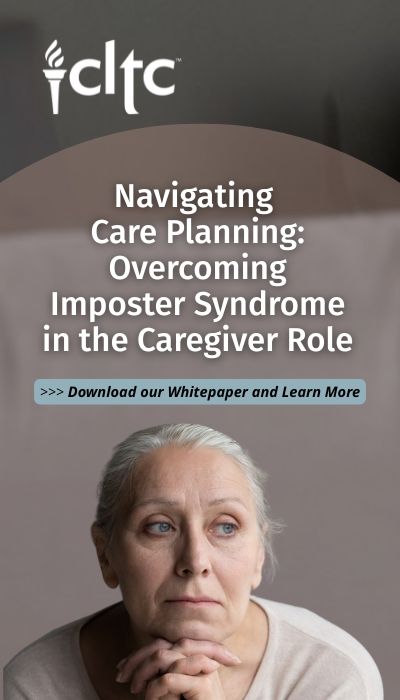New Study Finds Families with Long-Term Care Insurance Face Less Financial Strain
Coverage lightens financial load, yet navigating care remains overwhelming
The Certification for Long-Term Care (CLTC) has shared findings from its “Creating a Path Forward” study highlighting differences in the caregiving journey for families depending on whether their loved ones have long-term care insurance (LTCi).
The study, conducted by researchers at the LeadingAge LTSS Center at UMass Boston, and supported by sponsors Amada Senior Care and Mutual of Omaha, convened four focus groups of family caregivers whose loved ones are currently receiving long term care services.
Two groups represented caregivers whose loved ones had LTCi; two represented those without.
Key Findings
- Financial Strain: Families without LTCi reported greater financial consequences. Many retired early, reduced work hours, or depleted retirement accounts to cover expenses.
- Caregiver Challenges: Finding and keeping paid caregivers was difficult across the board. Regardless of coverage, both groups cited cost, quality, and reliability as constant concerns.
- Limited Awareness of Support: Caregivers with LTCi were often unaware of additional policy features that could support them, such as respite benefits, care coordination, or family caregiver training programs. Caregivers without LTCi expressed frustration at the lack of a clear roadmap for finding public programs or benefits, noting that any support they discovered was usually by chance.
- Attitudes Toward LTCi: Having seen the value first-hand, some of the family caregivers whose loved ones had LTCi had also bought coverage for themselves. Those with coverage valued its role in reducing financial stress but worried about whether it would be enough as needs escalated. Several caregivers expressed regret that they had not been educated about LTCi earlier.
- Future Planning Gaps: Both groups acknowledged anxiety about planning for their own long-term care. Barriers such as affordability, insurability, and skepticism about the industry’s stability loomed large in both discussions.
“Caregiving is emotionally demanding no matter the circumstances,” said Eileen J. Tell, lead researcher on the study. “But having long-term care insurance can be the difference between financial devastation and stability. Still, many of these families didn’t know how to take advantage of all the benefits available to them.”






